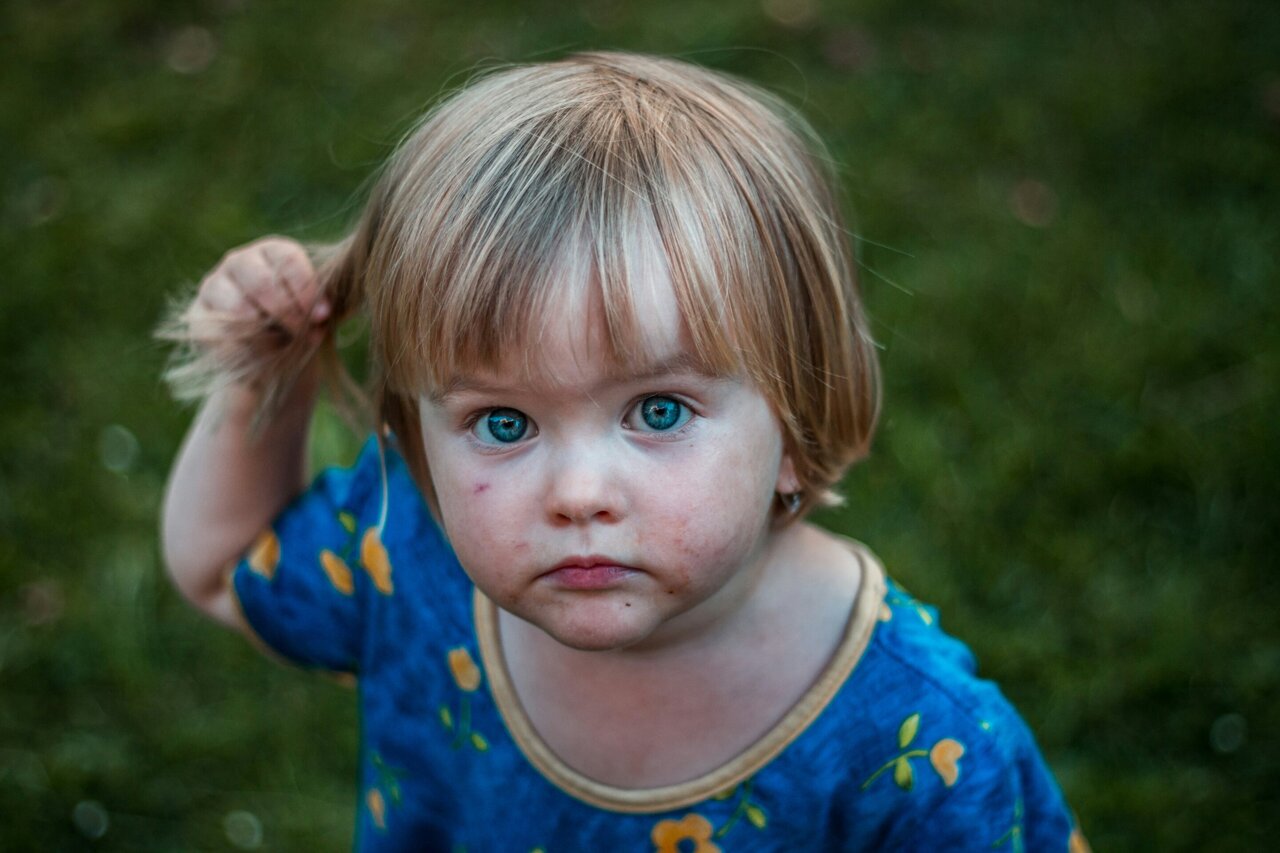Emerging Empathy in Early Childhood
Recent findings from Ludwig Maximilian University (LMU) have revealed that children as young as 18 months can exhibit signs of empathy, responding with concern to the emotions of others. This developmental milestone, detailed in the journal Cognitive Development, highlights how toddlers begin to empathize with distress through visible emotional reactions like facial expressions, gestures, and sounds. Markus Paulus, a leading developmental psychologist at LMU, emphasizes that this capacity marks a significant stage in a child’s ability to distinguish themselves from others, often evidenced by their recognition in mirrors.
The Role of Caregivers in Fostering Empathy
The study further explores how parental behavior influences these empathic developments. It suggests that children’s ability to show concern for others is significantly enhanced by sensitive caregiving. Responsive interactions with parents, particularly mothers, are closely linked to how children learn to react to the emotions of strangers. This connection underscores the vital role of nurturing environments in the social and emotional development of children, promoting empathy as a learned, rather than inherent, trait.
Longitudinal Insights into Empathic Growth
Tracking the progress of 127 mother-child pairs over an 18-month period, researchers observed the evolution of empathic concern from as early as six months. Through scenarios designed to elicit emotional responses—such as witnessing pain or joy—the study provided a comprehensive look at how empathy develops throughout early infancy. This research not only sheds light on the critical periods for emotional development but also stresses the importance of empathic concern in fostering young children’s ability to care for and understand the feelings of others, laying the foundation for compassionate interactions throughout their lives.
